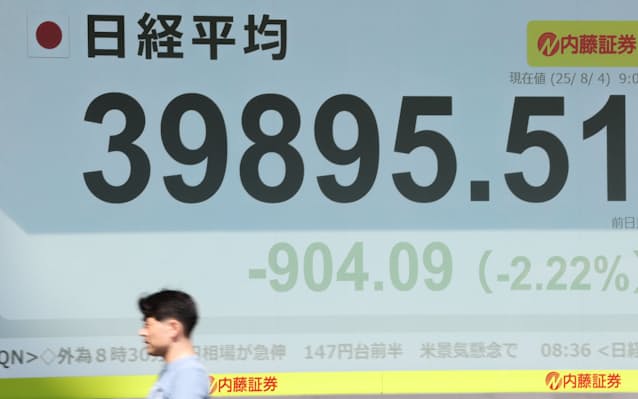The Nikkei Stock Average, a key measure of the Japanese stock market, has fallen below the 50,000 yen threshold during trading hours. This plunge is reflective of complex market dynamics and investor apprehension. Specific factors contributing to the drop are currently under investigation by economists.
In Japan, stock prices are often seen as a barometer of economic health, with the Nikkei Average being the most-watched index. Erratic market behavior naturally provokes concerns among investors and could hint at more substantial economic shifts. The breaking of a significant threshold like 50,000 yen is likely to dominate discussions among business circles.
The stock market in the US or EU also reacts similarly to economic changes, with indices like the Dow Jones Industrial Average or the FTSE 100 serving a similar role to the Nikkei. Market fluctuations are common occurrences and are closely monitored by investors and policymakers alike.

